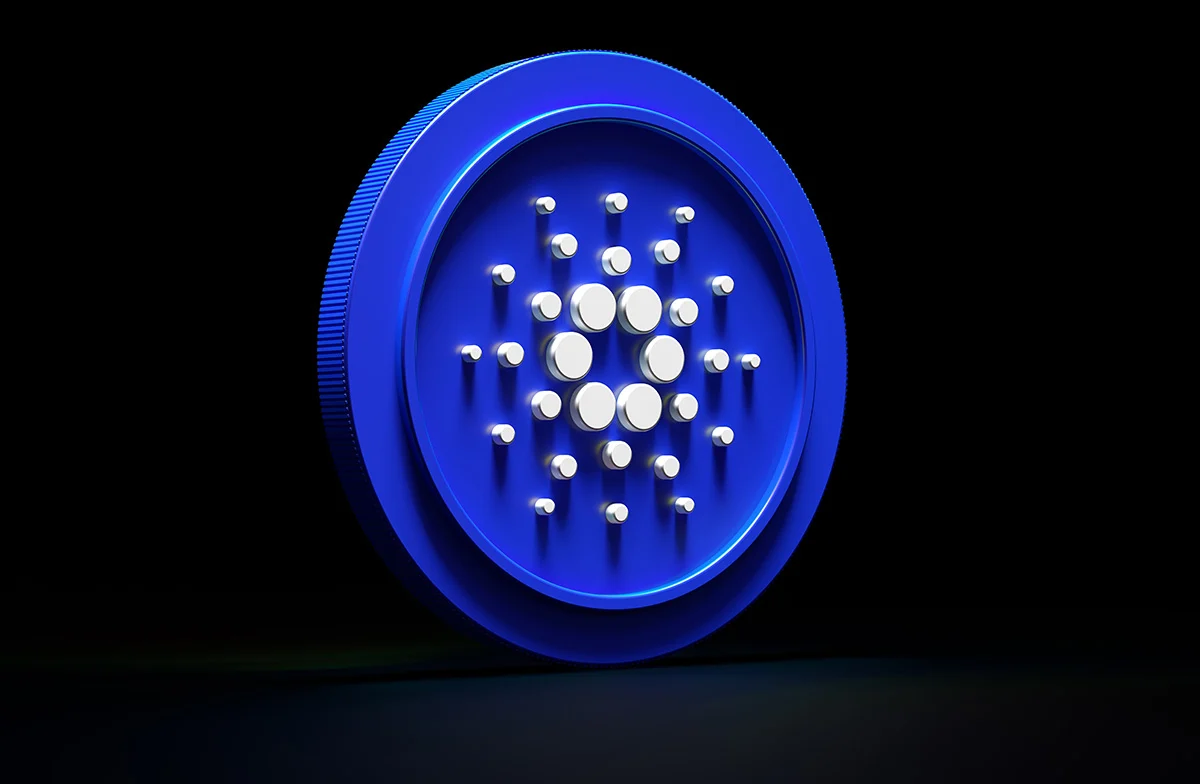**New Study Finds No Clear Link Between Bedtime Phone Use and Poor Sleep in Adults**
*By C. Scott Brown / Android Authority*
For years, experts have warned us to ditch our phones well before bedtime, citing the blue light emitted as detrimental to sleep quality. However, a recent study suggests you might not need to feel guilty about that final scroll before turning in.
As reported by Gizmodo, the new study titled *The Complex Association Between Bedtime Screen Use and Adult Sleep Health* found no clear connection between nightly screen use and poor sleep among adults. Surprisingly, both occasional and regular bedtime screen users reported better overall sleep health compared to moderate users.
The research team from Toronto Metropolitan University (TMU) and Université Laval surveyed over 1,300 adults across Canada, gathering information about their bedtime screen habits and sleep quality. After adjusting for factors such as age, income, and gender, the results still suggested that phone use alone may not be the primary culprit affecting sleep.
—
### Interesting Trends in Bedtime Phone Use and Sleep Quality
One of the study’s most intriguing findings was the pattern seen among different user groups:
– **Regular bedtime screen users** (those who use their phones five or more nights a week) showed the *best sleep timing* and *daytime alertness*.
– **Occasional users** (those who rarely looked at screens before bed) reported the highest *sleep satisfaction* and *consistency*.
– The **moderate use group** performed the worst across several sleep measures.
This unusual curve hints that consistency in bedtime habits — whether involving phone use or not — may play a significant role in sleep quality. However, researchers note that more study is needed to understand these relationships fully.
—
### Why Blue Light May Not Be the Whole Story
Colleen Carney, a professor at TMU specializing in sleep and mood disorders, explained, “Previous coverage of blue light hasn’t taken age, timing, and intensity of blue light exposure into account when making broad conclusions.”
She pointed out that teenagers may be more sensitive to light, while adults generally experience less impact due to decreased light sensitivity as we age.
Additionally, the way individuals use their phones is crucial. For instance, a calming meditation app before bed differs from doomscrolling through emails or social media feeds.
The study’s findings don’t necessarily give a free pass to stay up until 3 AM on TikTok, but they suggest that tools designed to reduce eye strain — like grayscale modes and Bedtime Mode — may not be as critical as once thought.
—
### What This Means for Your Sleep Routine
While this research was not conducted in a clinical environment and further studies are expected, it offers a fresh perspective on bedtime phone use.
Carney recommends a simple at-home experiment for those curious about their own habits: track your sleep for one week using your usual bedtime routine, then try a week without screens before bed. If your sleep doesn’t improve, your phone may not be to blame after all.
—
*Don’t want to miss the best from Android Authority?*
Set us as a favorite source in Google Discover to stay updated with our latest exclusive reports, expert analysis, and more. You can also set us as a preferred source in Google Search by clicking the button below.
—
*For more tips and insights, keep following Android Authority.*
https://www.androidauthority.com/bedtime-screen-time-might-not-be-bad-3614022/


